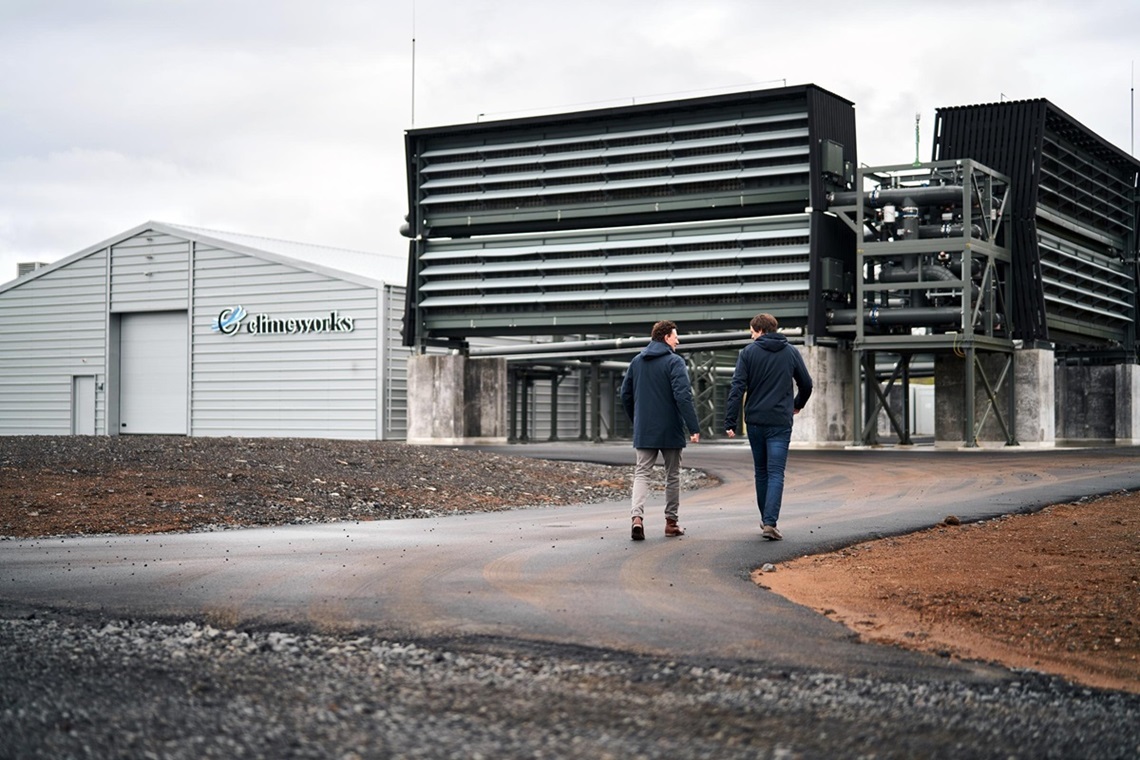Guest Post: A Biodiversity Crisis is Unfolding – It’s Time for Businesses to Act
By: Orlaith Delargy, Biodiversity Lead – EMA at KPMG
The dust has barely settled on the COP27 UN climate gathering in Sharm-el-Sheikh last month, but attention now shifts to another urgent meeting, taking place this week in Montreal.
Where COP27 sought to achieve solutions for the global climate crisis, the gathering in Canada is focused on nature and biodiversity. The CBD COP-15 summit – also known as the UN Biodiversity Conference – may not attract as many headlines, but it is just as important for the future of our planet.
Biodiversity – the diversity of all life on Earth – is in crisis. Climate and nature are inextricably linked. In short, we cannot solve the climate emergency without also solving the nature emergency. Humanity is surpassing the planet’s natural coping capacity, increasing the risk of irreversible environmental and social change. Despite on-going efforts, biodiversity is deteriorating worldwide and this decline is projected to worsen with current business-as-usual scenarios. And we know that climate and nature are inextricably linked: we cannot reach net zero without halting and reversing nature loss.
The conference in Montréal, which has already been delayed twice, is seen as the last chance to agree a “post-2020 global biodiversity framework” – a set of goals to get nature back on-track over the next decade. The ultimate ambition is to achieve a shared vision of living in harmony with nature by 2050.
All this might seem far removed from the board room agenda. But business in all sectors of the economy will likely face disruption from biodiversity loss. By depleting nature, we not only lose species and ecosystems and the wonder and inspiration they provide us, but can also generate physical, transition, and broader systemic risks for the economy and the stability of the financial system itself.
2022 has seen both central bankers and finance ministers acknowledging the role of financial policy makers, supervisors and regulators in ‘bending the curve’ of nature loss and preventing financial-stability risks associated with nature loss from manifesting.
To reckon with these risks, we must better account for the benefits provided by nature and ecosystem services, which are not yet properly reflected in the market prices of goods and services. Indeed, KPMG research shows that less than half of companies recognize biodiversity loss as a risk to their business. Data on biodiversity is a key challenge here. Unlike carbon, which is relatively easy to measure, there is no one metric for biodiversity, and data is complex and not standardized.
The regulatory landscape on these issues is changing rapidly, and businesses who engage now may be better equipped to deal with these changes. For example, one of the draft targets up for negotiation in Montréal would ask business and financial institutions to assess and disclose their impacts on nature and have them act to reduce impacts. Initiatives such as the Taskforce for Nature-related Financial Disclosures and Finance4Nature are providing guidance on how to achieve this.
More private sector representatives than ever before are expected to attend COP-15, and their voices lend urgency to the discussions in Montreal. For CEOs and other corporate leaders, the moment has arrived to step up and transform our economy and society. KPMG is proud to be sending a delegation to Montreal alongside over ten thousand other delegates, including political and third sector leaders.
Orlaith Delargy is KPMG’s EMA Biodversity Lead





